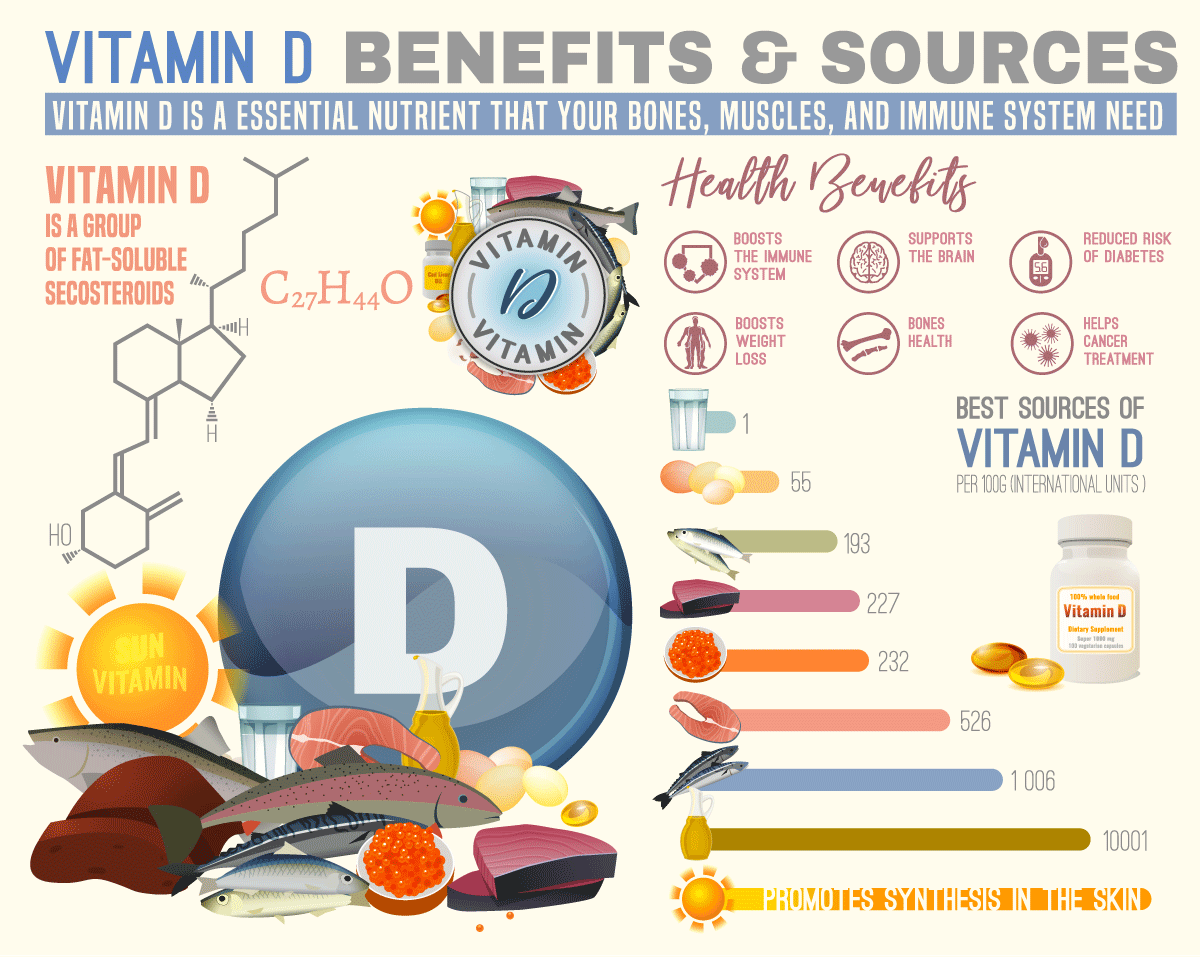Research has revealed that Vitamin D improves muscle function and is believed to enhance activity of the cell batteries, otherwise known as mitochondria.1✅ JOURNAL REFERENCE
DOI: 10.1530/endoabs.31.OC1.6
Vitamin D is a hormone usually manufactured in the skin making use of sunlight energy, and is also found in several foods, such as egg yolks, fish liver oils, fish and fortified cereals but Vitamin D levels can also be improved effectively by making use of Vitamin D supplementation.
The vitamin D and bone formation association is well established and a deficiency can result in rickets, but the role of vitamin D in other health issues is just surfacing.
Non-invasive magnetic resonance scans were made use of before and after vitamin D treatment for measuring how 12 individuals having severe vitamin D deficiency responded to exercise.
In a small group of individuals who were deficient in vitamin D with muscle fatigue symptoms, it was found that individuals having very low levels of vitamin D had significantly improved muscle efficiency once their levels of vitamin D were improved.
Along with poor bone health, a common symptom found in individuals who are vitamin D deficient is muscle fatigue, which could be as a result of reduced mitochondria efficiency.
Mitochondria are the ‘power stations’ inside of each cell and make use of oxygen and glucose to manufacture energy in the form of an energy-rich molecule which can be made use of for running the cell.
Muscle cells require huge amounts of this molecule known as ATP for movement, and they make use of phosphocreatine as an available source of energy for manufacturing ATP.
This store of phosphocreatine is also replenished by the mitochondria following muscle contraction and a measure of mitochondrial efficiency is the time taken for replenishing these stores: better mitochondrial function is linked to shorter times of phosphocreatine recovery.
These recovery rates improved significantly after the individuals were given a fixed dose of vitamin D orally for 10-12 weeks. Average recovery half time of phosphocreatine was reduced from 34.4 to 27.8 sec.
All individuals reported improved fatigue symptoms after Vitamin D supplementation. It was shown in a parallel study that low levels of Vitamin D were linked to a reduction in mitochondrial function.



